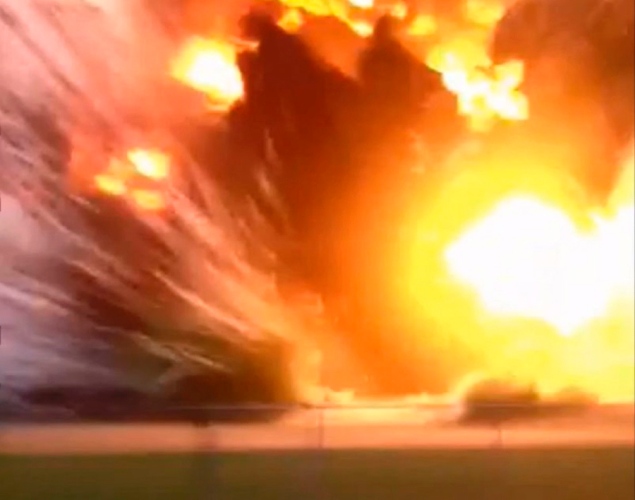The fertilizer plant explosion in West, Texas, is a tragedy. That tragedy hits uncomfortably close to home in rural states like Nebraska and Iowa where many fertilizer plants are located.
I agree with pundits who argue that the West, Texas, explosion, is a failure related to deregulation and cuts in spending on workplace safety. However, both Bloomberg and The Wall Street Journal report that West Fertilizer Co had been fined $5,200 in 2012 by the Pipeline and Hazardous Materials and Safety Administration and also by the Environmental Protection Agency. Bloomberg reported that the Obama administration increased inspections of fertilizer plants under the auspices of Homeland Security. But the fine and inspection by the Pipeline and Hazardous Materials and Safety Administration and EPA fail to undermine the argument that the explosion is related to lax enforcement of workplace safety rules for two reasons. First of all, inspectors under the auspices of Homeland Security and the EPA don’t specifically address workplace-safety concerns. Secondly, a fine for $5,200 fails to act as much of deterrent for bad conduct.
As of the writing of this piece (Friday, Apr. 19) the national media hasn’t discussed the role that the workers’ compensation and civil justice system could play in recovery from this disaster. Though it was reported that no workers were in the plant, CNN reported that many first responders were killed responding to the explosion. Unfortunately, Texas is unique in having an opt-out workers’ compensation system. In other words, the families of the first responders killed responding to the fire may not be able to collect workers’ compensation benefits. If a Texas employer opts out of workers’ compensation, the employee can sue the employer for negligence. However the whole reason workers’ compensation was instituted was because many work injuries are not caused by employer or employee negligence. Maybe there was negligence on the part of the employers of the first responders, but if not – and there was no negligence by their employers – then the first responders will not be able to collect workers’ compensation benefits. Any employees of West Fertilizer Co who were killed or injured on the job would be in a similar predicament to the first responders. If the plant had been in Nebraska or Iowa, the workers in the plant would have been able to get workers’ compensation but likely would not be able to sue the plant.
However, if there was negligence by West Fertilizer Co and they opted out of workers’ compensation, then the killed and injured workers could sue West for negligence. Under Texas law, the fertilizer company would lose defenses such as contributory negligence and assumption of risk. Texas also has exemplary or punitive damages available for the injured and killed workers as well as other harmed by the accident.
Iowa has punitive damages, but Nebraska does not have them. In other words, a Nebraska community would have more trouble winning fair compensation for a fertilizer explosion than a community in Texas or Iowa, because Nebraska lacks punitive damages.


